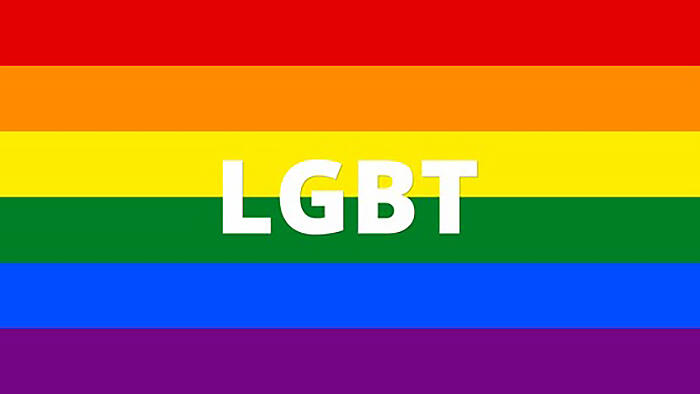It has been suggested that LGBT education in Japan's medical schools, both undergraduate and graduate, is lacking in both quantity and quality when compared to countries such as the US and Canada. A research group consisting of Eriko Yoshida, Professor Masato Matsushima and Associate Professor Fumiko Okazaki of the Research Center for Medical Sciences, Jikei University School of Medicine, have shed light on LGBT-related medical education via a survey of all of Japan's medical schools (82 schools). Their research outcomes were published online in BMJ Open.

The Model Core Curriculum for Medical Education in Japan (issued by the Ministry of Education, Culture, Sports, Science and Technology) was revised in FY2016, and in this revised text, "Explain gender formation, sexual orientation, and ways of consideration for gender identification" was stated as a learning objective for the first time. In 2019, a survey report on LGBT education in Japanese medical schools was undertaken, but the particulars of this education were not surveyed, and so the extent of education covering LGBT health issues was not clear. Moreover, no direct international comparisons were made.
The research group carried out a survey of the deans/heads of all the medical schools in Japan and the people responsible for undergraduate education. The survey was carried out using questionnaire sheets that focused on LGBT-related education for medical students, and the group clarified the current situation regarding the amount of time spent on this education, as well as its content, compared this to previous studies already reported in the US, Canada, Australia and New Zealand, and shed light on issues in LGBT education in Japanese medical schools.
Of the 82 schools, 60 (73.2%) responded. One of these schools did not answer 11 of the 18 questions and was excluded, so data from 59 schools (72%) was analyzed.
In preclinical education, 31 (52.5%) of the 59 schools provided LGBT content, 18 (30.5%) provided no content at all, and 10 schools (16.9%) responded that the time spent on this topic was unclear. The median time spent on this education was one hour, and the average was 1.6 hours.
When it came to clinical education, 8 (15.1%) of 53 schools provided LGBT content, 25 (47.2%) provided no content at all, and 20 (37.7%) responded that the time spent on this topic was unclear. The median time spent on this education was zero hours, and the average was 0.3 hours.
On the other hand, according to past studies in the US and Canada, only 9 (6.8%) of 132 schools did not provide LGBT content in preclinical education, and 44 (33.3%) did not provide this in clinical education. Moreover, the median time spent on this education was four hours in preclinical education and two hours in clinical education.
The researchers learned that the percentage of schools in Japan that do not provide teaching about LGBT content is higher than the US or Canada in both preclinical education and clinical education, and that the time spent on this education is shorter. Furthermore, only 5 (8.5%) of the 59 schools operate a faculty/department that teaches about LGBT health. 13 schools (22%) taught that students should also obtain information about same-sex relationships when taking sexual histories. However, when it came to evaluations of the extent to which education on LGBT is covered, 45 (79%) of 57 schools evaluated their coverage of LGBT-related education as 'poor' or 'very poor.' This clarified the current situation: many universities are aware that this education is lacking.
This article has been translated by JST with permission from The Science News Ltd.(https://sci-news.co.jp/). Unauthorized reproduction of the article and photographs is prohibited.




